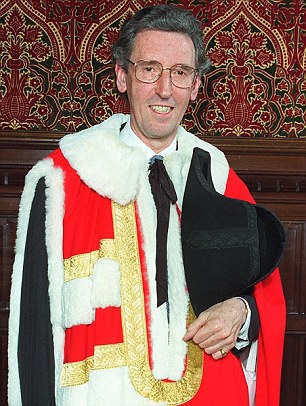Napier, MSCNewsWire, 18 March 2016 - Self-censorship centred on an anxiety about upsetting the United States trade-interest apple cart is silencing New Zealand politicians and media from revealing the opportunities in Britain leaving the EU. Only WInston Peters MP draws attention to these benefits.
Brexit could mean VISA-free migration between Australia, UK, Canada and NZ. A proposed free mobility labour zone between Australia, New Zealand, the UK and Canada has strong support, according to a poll. British MP Boris Johnson has supported the concept.
A survey commissioned by the Royal Commonwealth Society in London found that 70 per cent of Australians, 82 per cent of Kiwis, 58 per cent of British and 75 per cent of Canadians are in support of reciprocal open borders between the nations when it comes to living and working in them.
If the UK quits the EU, it would no longer be bound by the EU’s free labour movement laws. The UK can then return to Commonwealth nations to fill the vacuum.
The British government would have to be more open and flexible towards migration from non-EU countries to fill skills gaps.
Commonwealth Society President, Lord Howell (pictured) states: “This polling is invaluable as it shows the view and wishes of these fellow Commonwealth friends in strong support for closer ties.”
Both the Australian and New Zealand Governments have in the past publicly criticised the UK’s visa restrictions and predicted Britain may permanently damage relations with its two allies over the visa issue.
Meanwhile all New Zealand political parties, and thus the media, are deliberately reticent on the obvious advantageous labour market shift inherent in Britain’s quitting the EU.
The reason is for fear of upsetting the United States which views Britain as essential to the EU’s role, as the US sees it, of acting as the western bulwark against Russian expansion.
The official reticence, echoed in the media, has been further exacerbated here by uncertainties about the US- inspired Trans Pacific Partnership, another pillar of the US strategy in safeguarding its zone.
The Brexit referendum is due to be held on June 23.
Almost six in ten Britons support freedom of movement between the UK, Australia, Canada and New Zealand, according to these findings from the Royal Commonwealth Society.
Lord Howell, president of the RCS, has now called on the Government to ‘remove the obstacles’ which are preventing Commonwealth citizens from moving here.
He stopped short of discussing the EU referendum debate. But Leave campaigners pointed out that, if Britain quit the Brussels club, it would be able to issue more visas to people from the Commonwealth.
Currently, they face strict rules on who can come in – while EU nationals are free to come and go as they please.
The RCS findings, released to mark Commonwealth Day, follow an idea by Boris Johnson, who is also Mayor of London and who called for a free labour mobility zone between the UK and Australia.
An additional YouGov question published by RCS also found that more Britons favoured free mobility with these nations over those in the EU – with support standing at only 46 per cent. Some 35 per cent were against.
In response, Lord Howell of Guildford said: ‘We need to welcome our friends with open arms when they visit us, and in doing so, work to ensure as much free mobility as is workable.
This email address is being protected from spambots. You need JavaScript enabled to view it.

